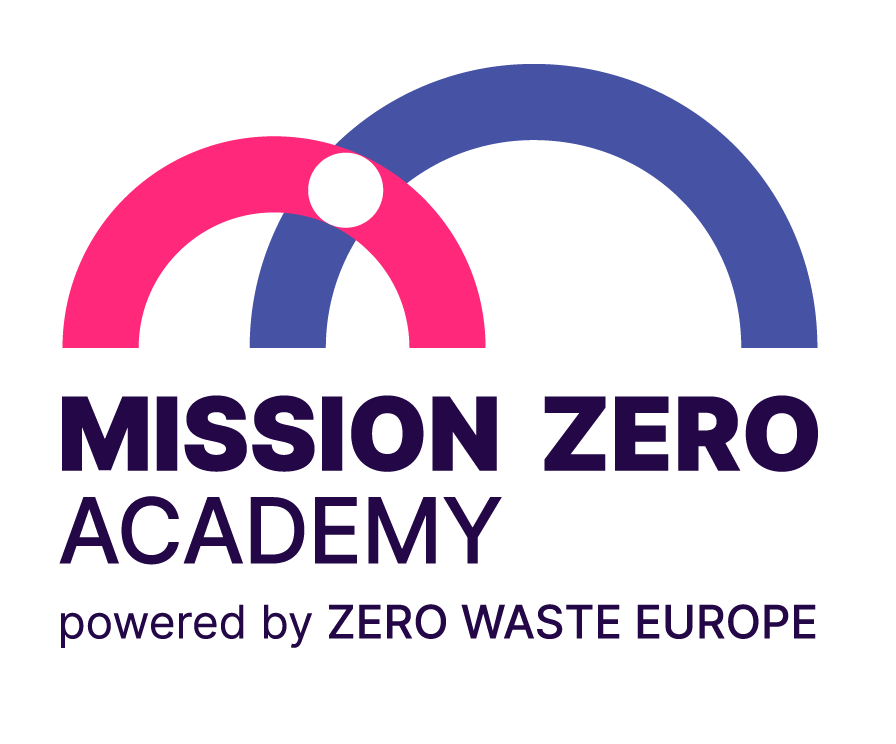Want to accelerate your city’s zero waste transition? The world’s first Zero Waste Cities (ZWC) Certification is the perfect way for European municipalities to certify their zero waste journey. Hereby you commit to more ambitious circular goals, implement greener and more sustainable policies and solutions in waste reduction and management, and promote circular economy practices at the local level.
Why a Zero Waste Cities Certification?
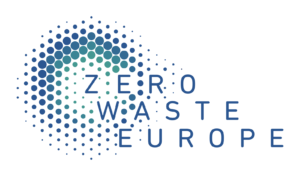
This independent, third party assessed certification standard is based on over 10 years of professional expertise and experience on the ground performed by Zero Waste Europe (ZWE), a non-profit environmental organisation, that, with its Zero Waste Cities programme and its member’s network, has been engaging and supporting over the years more than 400 European municipalities, committed towards zero waste and circular economy practices. Mission Zero Academy, powered by ZWE, works as a connection point between municipalities and ZWE’s work to further accelerate the fulfilment of the Zero Waste Cities commitment at the implementation level.
Building on Zero Waste Europe’s established zero waste methodology, the Certification has been designed to:
- help municipalities to comply (and go beyond) with EU and national regulations
- promote the implementation of efficient systems which save natural and economic resources
- reinforce the positive image of the municipality, which will gain worldwide recognition and credibility, creating new jobs and attracting economic incentives, funding and prestigious event hosting opportunities
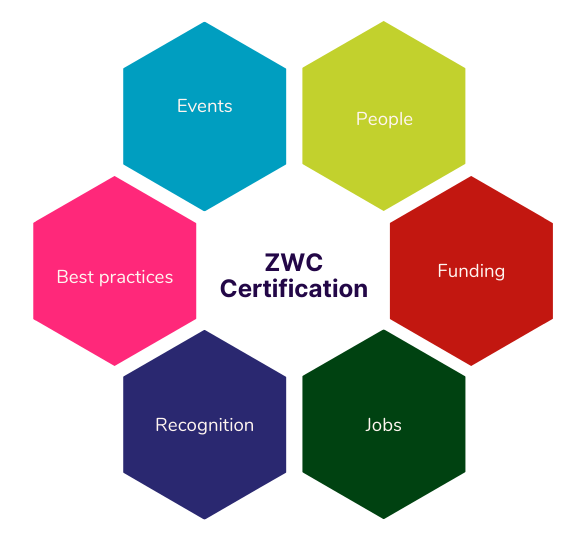
How does it work?
The certification process comprises five simple steps:
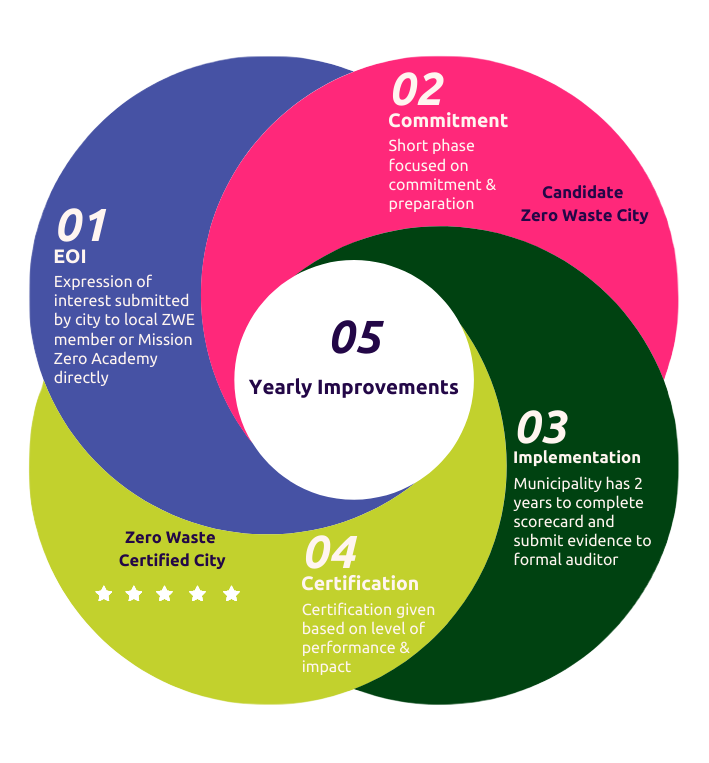
- Expression of Interest: submitted by the municipality to local Zero Waste Europe (ZWE) members or Mission Zero Academy.
- Commitment: the municipality acquires the status of Zero Waste Candidate City and needs to create and present their own certification roadmap, under specific requirements. Download all the documents related to the Zero Waste Cities Certification (ZWC) here.
- Implementation: the municipality then has a maximum of two years to implement and complete the Certification scorecard and submit evidence to the formal auditor in order to be certified.
- Certification: after a successful third party assessment focusing on the performance level and impact, the Candidate municipality becomes a Zero Waste Certified City. Have a look at our Certification criteria for Certified Cities. Download all the documents related to the Zero Waste Cities Certification (ZWC) here.
- Yearly improvements: following its Certification, the municipality must carry out yearly improvements to monitor and enhance the outcomes achieved. This will be subjected to new audit processes every three years to confirm the Certification status. There’s a possibility to level up under a 5-star system.
The Certification is developed around a scorecard system, which includes mandatory and points-based criteria.
- Mandatory criteria forms the minimum requirements of a zero waste city
- Points-based criteria can scored depending on the ambition and impact of each policy. The combination of these points all together will define the municipality’s level of certification (and its subsequent number of stars)
Please note that the ZWC Certification can only be issued by specialists and independent third-party auditors accredited by MiZA. We oversee the whole Certification process, monitor compliance, and further develop the system.
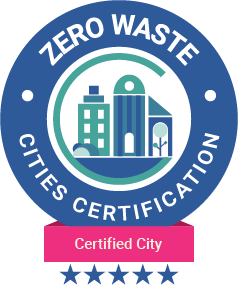
Want to accelerate your city’s zero waste transition?
Many municipalities in Europe are already joining our Certification program. Through this, they verify their performance and impact with the most robust framework of indicators related to zero waste at local level. Navigate through the Zero Waste Cities’ online map. It covers data (population, total MSW generated per capita and separate collection rate) from 462 European cities.
Join us now and become one of the first Zero Waste Certified Cities in Europe! Contact us below for more information.

